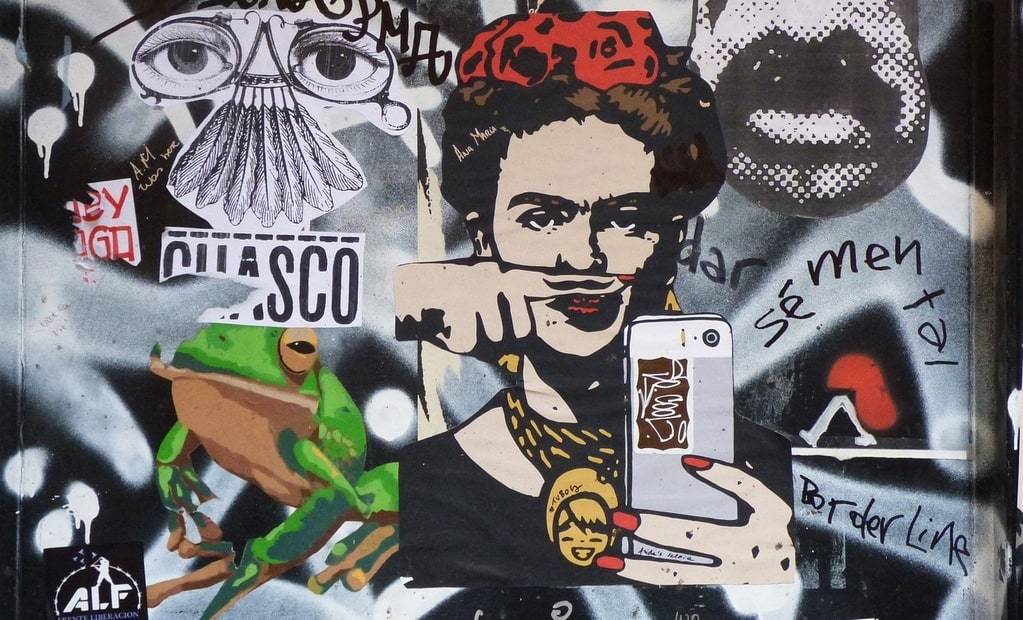The interplay between culture and modern entertainment is a fascinating and multifaceted phenomenon. Entertainment forms such as films, music, television, and video games are not just products of artistic endeavor; they are also reflective of the cultural milieu from which they emerge. This dynamic relationship reveals how deeply ingrained cultural influences shape the narratives, themes, and aesthetics of contemporary entertainment.
The Impact of Cultural Diversity on Modern Entertainment
Cultural diversity significantly influences the landscape of modern entertainment. The incorporation of diverse cultural elements has enriched various entertainment mediums, providing audiences with a broader and more inclusive range of experiences. For instance, the global success of movies like “Black Panther” and “Parasite” underscores how storytelling that authentically represents different cultures can resonate with a wide audience.
In the realm of music, genres such as K-pop, reggae, and Latin pop have transcended their regional origins to gain worldwide popularity. These genres bring unique cultural rhythms and styles to the global stage, enhancing the diversity of musical expression available to listeners. The fusion of different cultural musical styles has also led to innovative and genre-blending sounds that push the boundaries of traditional music categories.
Television series from various parts of the world, available on streaming platforms, expose viewers to different cultural narratives and lifestyles. Shows like “Money Heist” from Spain, “Sacred Games” from India, and “Dark” from Germany have captivated international audiences, highlighting the universal appeal of well-crafted storytelling that is deeply rooted in specific cultural contexts.

Globalization and Cross-Cultural Exchange
The process of globalization has facilitated cross-cultural exchange, leading to a more interconnected world where entertainment media can easily transcend geographical boundaries. This exchange has allowed for a rich blend of cultural motifs and storytelling techniques, creating a more diverse and dynamic entertainment industry.
One notable example is the adaptation of traditional folklore and mythology into modern entertainment. Films like “Mulan,” which draws from Chinese folklore, and “Coco,” inspired by Mexican traditions, showcase how ancient stories can be revitalized and reinterpreted for contemporary audiences. This blending of the old and new not only preserves cultural heritage but also introduces it to a wider audience.
The influence of Japanese anime and manga on global entertainment is another testament to the power of cross-cultural exchange. Anime series such as “Naruto,” “Attack on Titan,” and “My Hero Academia” have garnered massive international followings, demonstrating how specific cultural products can achieve universal appeal through compelling narratives and distinctive artistic styles.
Cultural Representation and Identity
Representation and identity are critical aspects of cultural influence in modern entertainment. Accurate and respectful representation of different cultures fosters a sense of inclusion and validation for diverse audiences. It also allows for a richer and more authentic portrayal of the human experience in entertainment.
In recent years, there has been a significant push towards more inclusive casting and storytelling in Hollywood. Films like “Crazy Rich Asians” and “Moonlight” have broken new ground in representing Asian and African-American experiences, respectively. These films not only entertain but also challenge stereotypes and offer deeper insights into the lives and struggles of underrepresented communities.
The rise of digital media and social platforms has also empowered creators from diverse backgrounds to share their stories. Web series, independent films, and podcasts often explore cultural themes that mainstream media may overlook. This democratization of content creation has led to a more varied and nuanced portrayal of cultural identities in entertainment.
Examples of Cultural Influence in Entertainment
Here are some notable examples where cultural influences have prominently shaped modern entertainment:
- “Black Panther”: celebrates African culture and heritage through its Afrofuturistic setting and themes.
- “Parasite”: offers a sharp critique of class disparity in South Korea, resonating globally.
- K-pop: combines Korean musical styles with global pop influences to create a unique and highly popular genre.
- “Money Heist”: uses Spanish cultural elements to create a gripping and internationally acclaimed series.
- Anime: japanese animated works like “Naruto” and “Attack on Titan” have become global phenomena.
The Future of Cultural Influence in Entertainment
As the world becomes increasingly interconnected, the cultural influences shaping modern entertainment are likely to become even more diverse and profound. Emerging technologies such as virtual reality and augmented reality hold the potential to create new forms of immersive cultural experiences, further blending the lines between different cultural expressions.
The continued push for diversity and inclusion in entertainment will ensure that a wider array of voices and stories are heard. This not only enriches the entertainment landscape but also promotes greater empathy and understanding across different cultural divides.
Ultimately, the dynamic interplay between culture and entertainment will continue to evolve, reflecting and shaping the ever-changing tapestry of human society. The stories we tell and the ways we tell them will remain deeply influenced by the cultural contexts from which they emerge, ensuring that entertainment remains a vibrant and essential aspect of our collective experience.
